Which Psychological Trait Is Associated With Increased Cardiovascular Disease Risk?
Which psychological trait is associated with increased cardiovascular disease risk?. High trait anger is linked to adverse cardiovascular outcomes. 1 Among the various risk factors enumerated and evaluated for CVDs psychosocial factors have been found to play a significant role in the expression and outcome of cardiac illness. 2 3 Furthermore among the several psychological and social factors personality characteristics or personality traits of an.
Frequent bouts of depression anxiety hostility and anger are known to increase a persons risk for developing coronary heart disease but a combination of these negative personality. Women more often report psychological factors and sex and gender differences are present in IHD. Such co-activation response profile has been previously associated with increased cardiovascular risk by promoting arrhythmias.
In this metaanalysis we examine the risks of psychological factors for IHD incidence in women and men. Similarly Albert et al 5 reported that high levels of phobic anxiety were associated with increased risk of sudden cardiac death and fatal CHD but not of nonfatal myocardial infarction. Early studies of the Type A personality found that it was an independent risk factor for developing cardiovascular disease.
Among psychological factors some personality traits such as neuroticism and trait impulsivityhostility contribute to the development of PTSD and are associated with general. CVDs are disorders of the heart and blood vessels. In Western populations a number of prospective studies have found that these psychosocial characteristics are associated with an increased risk of cardiovascular morbidity and mortality47Few prospective studies however have addressed the association between psychological stress and CVD among Asian populations8Furthermore it remains uncertain as to whether such psychosocial.
Depression is a common problem in patients with heart disease associated with reduced return to work and quality of life as well as increased mortality. Phobic anxiety are associated with an increased risk of sudden death presumably owing to reduced vagal modulation of cardiac rate and increased ventricular tachyarrhythmias 12. The physical and emotional changes associated with stress your body begins releasing endorphins your heart rate accelerates and your hearing and vision become.
Depression with high levels of anxiety. Research has linked Type D personality to a cluster of traits that combine. Psychological factors are associated with an increased risk of developing ischemic heart disease IHD.
Cardiovascular diseases CVDs are currently the leading causes of death worldwide. Physical inactivity high blood pressure high triglyceride levels elevated cholesterol levels and obesity The risk of death from heart attack or stroke begins to rise when blood pressure rises above.
Early studies of the Type A personality found that it was an independent risk factor for developing cardiovascular disease.
Studies exclusively focused on women found that PTSD and depression may have damaging effects on physical health particularly with increased risk for coronary heart. High triglyceride levels are a reliable predictor of heart disease What psychological trait is associated with increased cardiovascular disease risk. Such co-activation response profile has been previously associated with increased cardiovascular risk by promoting arrhythmias. What are the five major risk factors for cardiovascular disease that can be changed. Studies exclusively focused on women found that PTSD and depression may have damaging effects on physical health particularly with increased risk for coronary heart. Peripheral Brain-derived neurotropic factor BDNF serum N-terminal pro-brain natriuretic peptide NT-proBNP and quantitative electroencephalogram qEEG are promising surrogate markers of increased cardiovascular risk. In this metaanalysis we examine the risks of psychological factors for IHD incidence in women and men. Similarly Albert et al 5 reported that high levels of phobic anxiety were associated with increased risk of sudden cardiac death and fatal CHD but not of nonfatal myocardial infarction. Research has linked Type D personality to a cluster of traits that combine.
Physical inactivity high blood pressure high triglyceride levels elevated cholesterol levels and obesity The risk of death from heart attack or stroke begins to rise when blood pressure rises above. High triglyceride levels are a reliable predictor of heart disease What psychological trait is associated with increased cardiovascular disease risk. Peripheral Brain-derived neurotropic factor BDNF serum N-terminal pro-brain natriuretic peptide NT-proBNP and quantitative electroencephalogram qEEG are promising surrogate markers of increased cardiovascular risk. Early studies of the Type A personality found that it was an independent risk factor for developing cardiovascular disease. Similarly Albert et al 5 reported that high levels of phobic anxiety were associated with increased risk of sudden cardiac death and fatal CHD but not of nonfatal myocardial infarction. Psychological factors are associated with an increased risk of developing ischemic heart disease IHD. What are the five major risk factors for cardiovascular disease that can be changed.
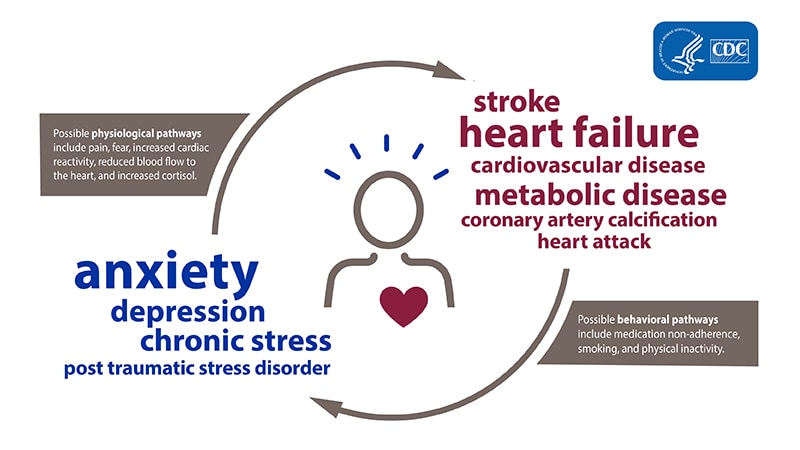



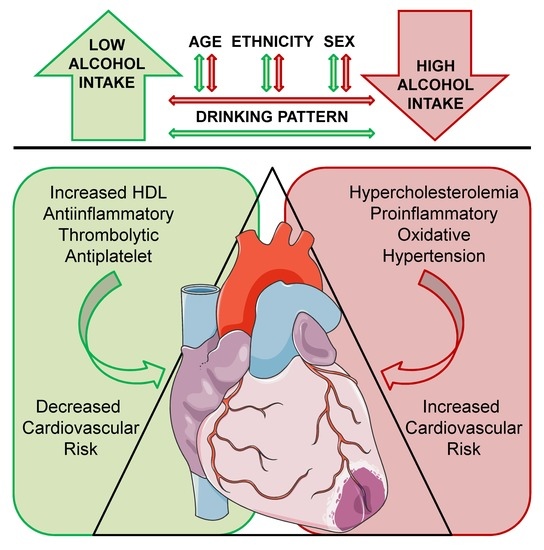



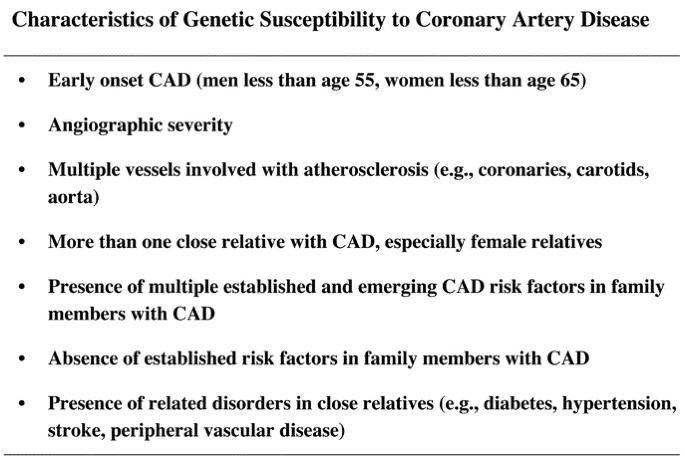



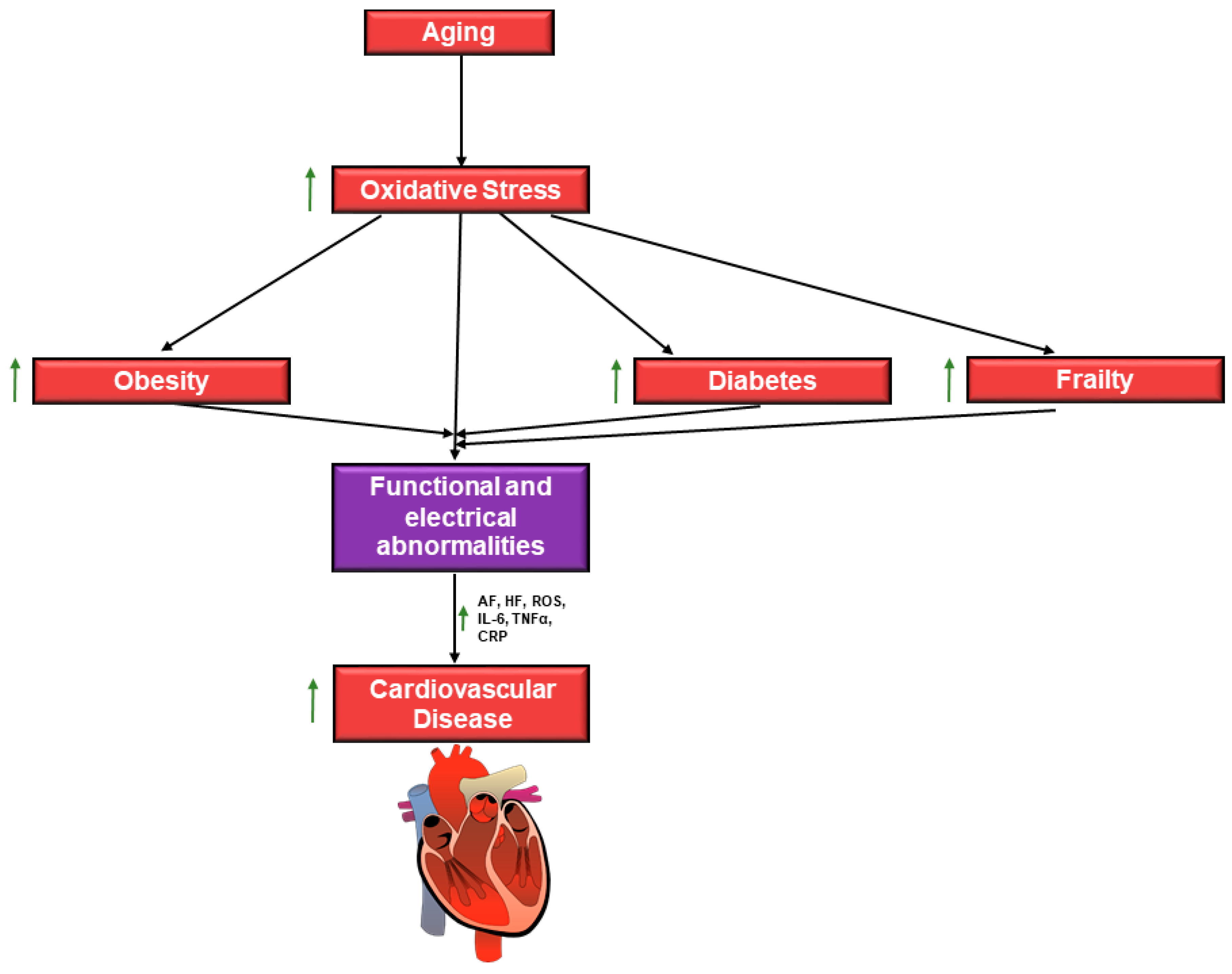




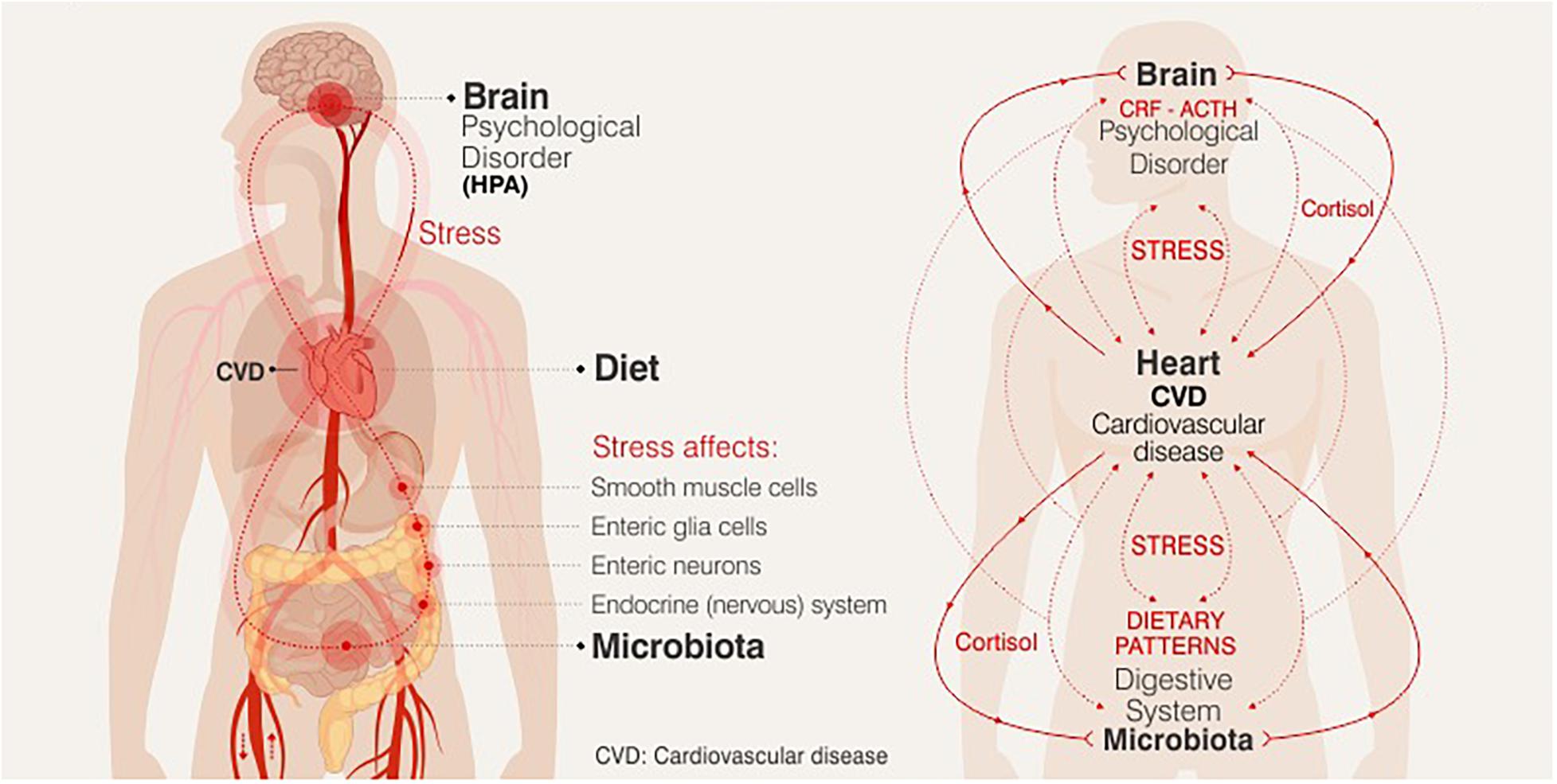



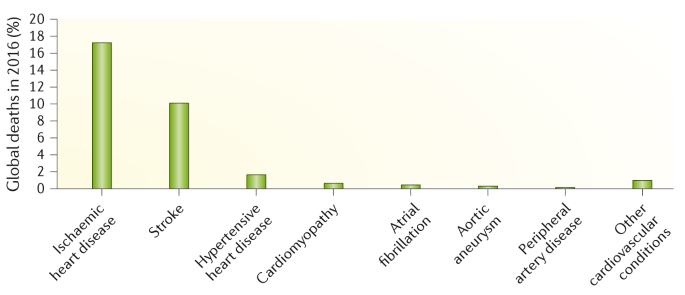


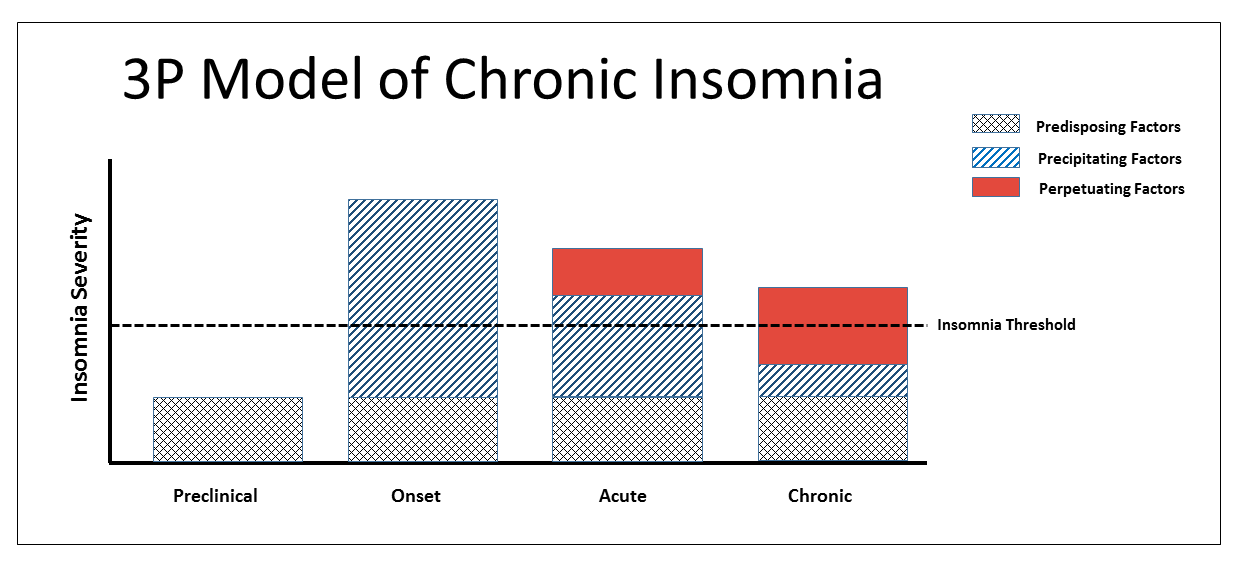

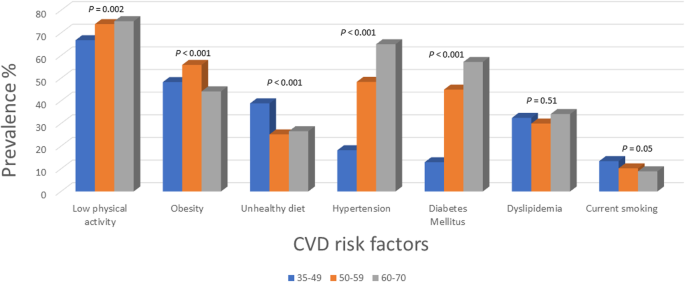


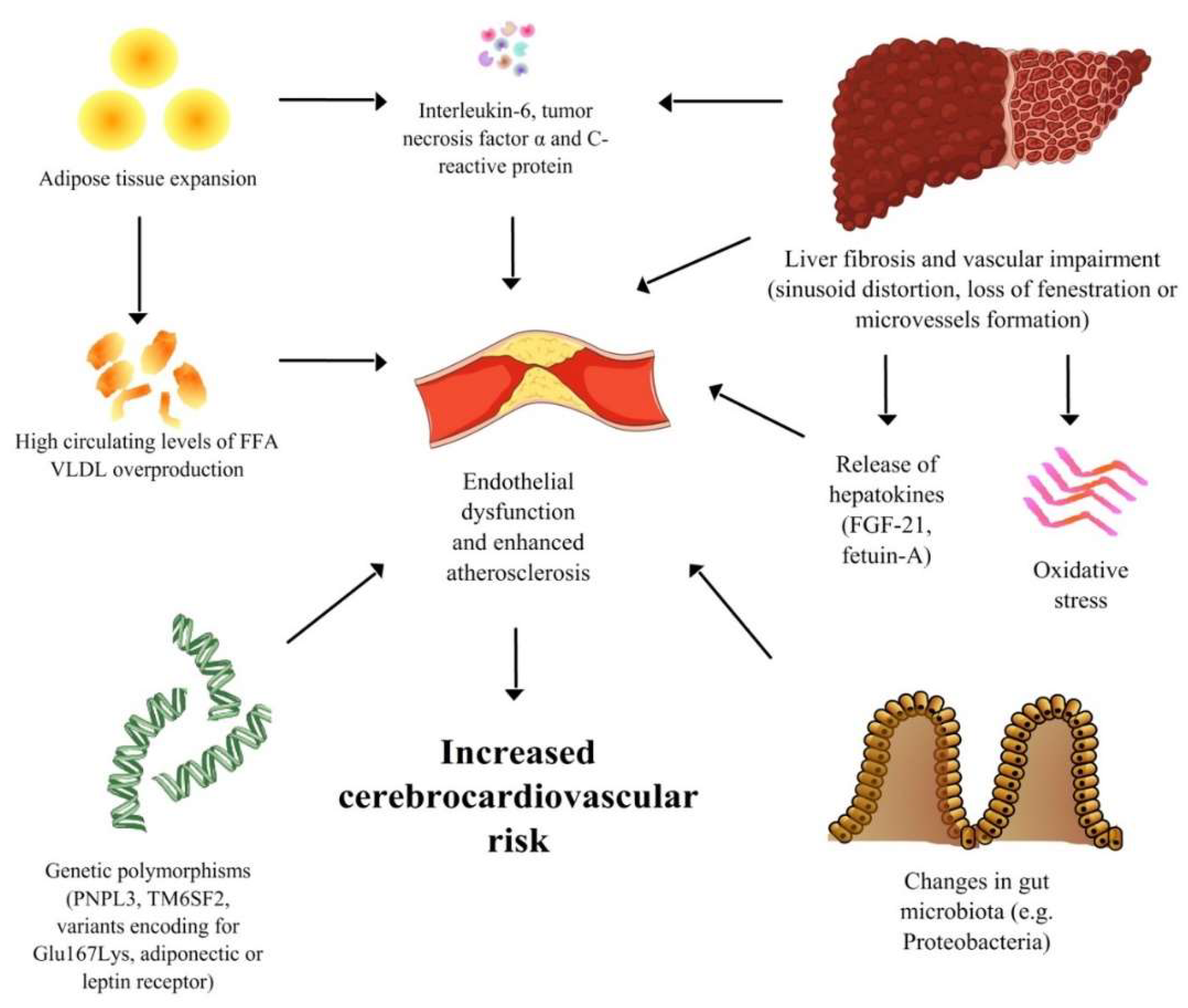




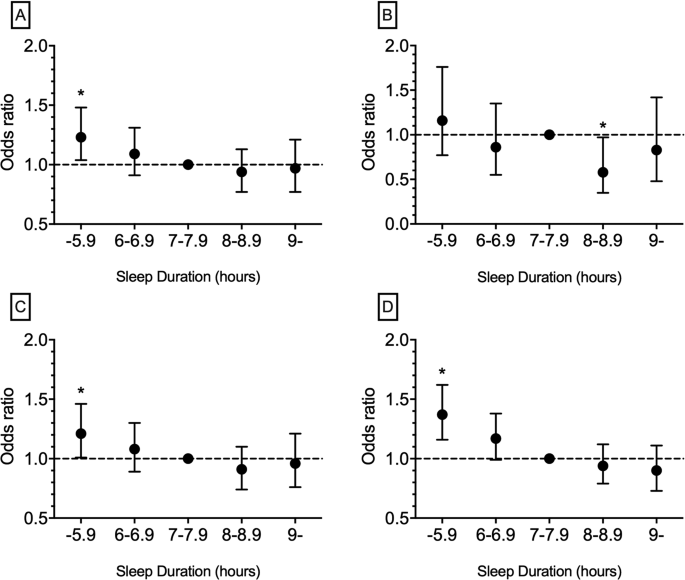


Post a Comment for "Which Psychological Trait Is Associated With Increased Cardiovascular Disease Risk?"